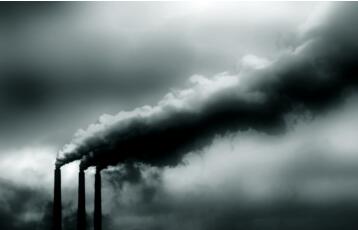
Long-term exposure to fine particles of air pollution -- from cars, trucks, power plants and manufacturing facilities -- is tied to an increased risk of dying from several kinds of cancer, a new study suggests.
"Air pollution remains a clear, modifiable public health concern," said researcher G. Neil Thomas, an expert in epidemiology at the University of Birmingham in England. "Put simply, the more of these particulates there are in the air, the greater the risk of getting these cancers," Thomas said, although the study did not prove the particles actually cause cancer.
The study, involving more than 66,000 older residents of Hong Kong, found the overall risk of dying from cancer increased 22 percent with every additional 10 mcg/m3 of exposure.
The raised risk seemed higher for some cancers than others: The additional air pollution was linked to a 42 percent rise in the risk of dying from cancer in the upper digestive tract, and a 35 percent increased risk of dying from liver, bile duct and pancreatic cancer. Among women, the increased exposure was tied to an 80 percent heightened risk of dying from breast cancer. Among men, the higher pollution levels carried a 36 percent increased risk of dying of lung cancer.
Although the role of air pollution in cancer is not fully understood, it could include defects in DNA repair, alterations in the immune response or inflammation that triggers the growth of new blood vessels that allow cancer to spread. In cancer of the digestive organs, heavy metal pollution could also affect gut bacteria and promote development of cancer, he suggested.
A study published in the journal Environmental Health Perspectives found that being exposed to just a small amount of air pollution during pregnancy may raise the risk of a complication that can cause premature birth and long-term health problems in children.
Reference:
Smog May Boost Risk for Several Cancers